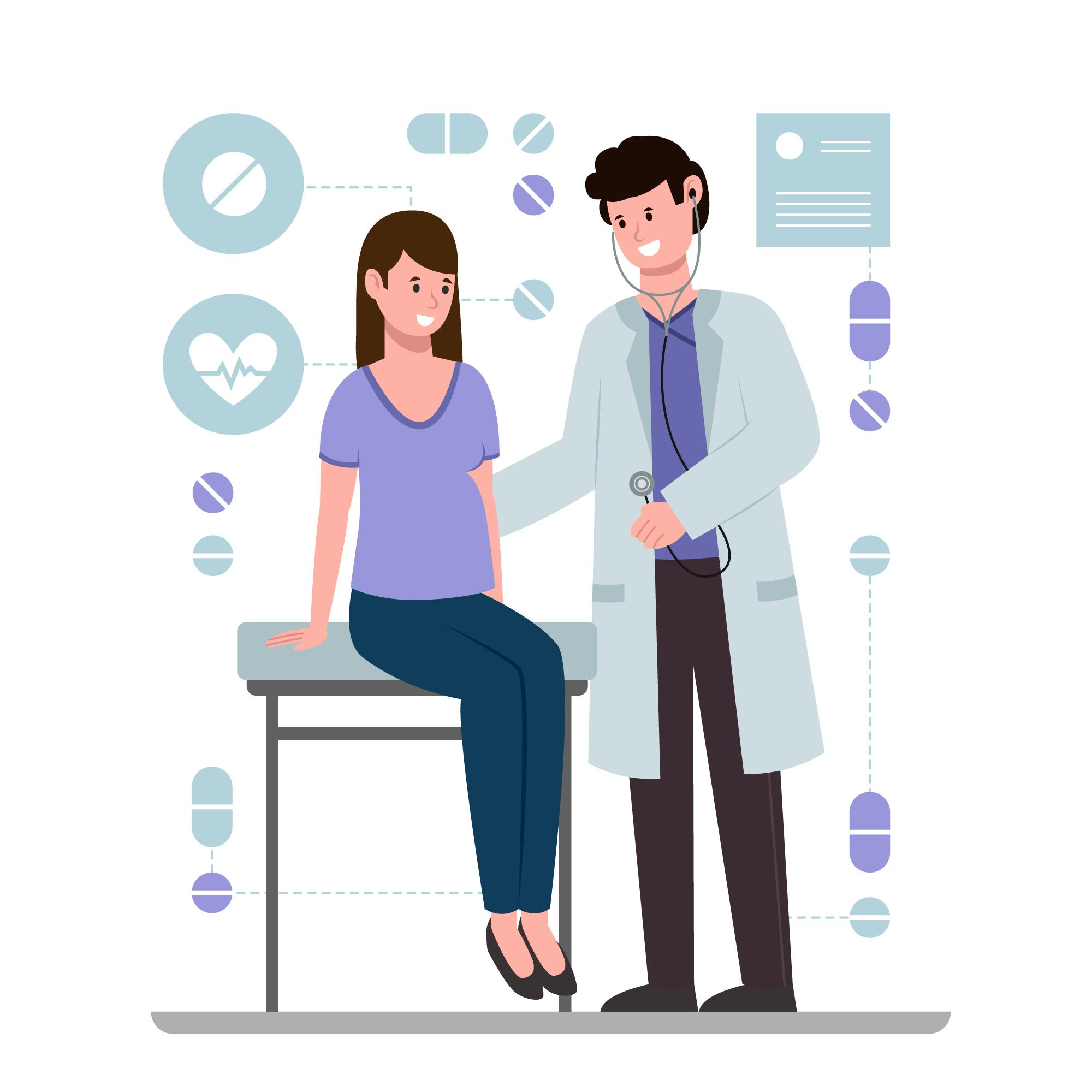Book your initial consultation today and take the first step toward a healthier, worry-free fertility journey. Contact us now!

Ovulation induction is a common fertility treatment that encourages the development of eggs in women who have irregular or no ovulation. Ovulation induction is often a crucial first step to get pregnant, since 25-30% of women in India who are infertile have ovulation disorders. The medications called Clomiphene Citrate, Letrozole, or Gonadotropins are given to stimulate ovulation, and are an integral part of the process. Women with Polycystic Ovary Syndrome (PCOS), thyroid imbalance, or unexplained infertility may all benefit from the ovulation induction due to the increased likelihood of achieving natural conception.
It has been reported that approximately 70-80% of women treated for induction of ovulation ovulate, and 40-50% conceive after multiple cycles of treatment. Regular tracking through ultrasounds and hormone tests increases success rates, particularly when working alongside the best gynecologist in Malviya Nagar, South Delhi.
Under the guidance of Dr. Pooja Bajaj Wadhwa, one of the best IVF doctor in Malviya Nagar, South Delhi, we provide individualized ovulation induction protocols depending on the reproductive status of the patient. Being headed by the best gynecologist for infertility in South Delhi, our clinic embraces a holistic approach wherein we integrate the best of fertility treatment with natural modifications for the best results.
If you are struggling to conceive, take the first step toward parenthood with expert guidance. Book your consultation today!


Ovulation induction is a fertility treatment that uses medications to cause ovulation in women who do not ovulate or who ovulate infrequently.
It helps women who do not ovulate regularly or at all, such as those with PCOS or unexplained infertility.
Around 70–80% of women are likely to ovulate after treatment, though the chances of conception depend on each woman’s age and overall health status.
Risks may include multiple pregnancies, rare cases of ovarian hyperstimulation, and minor side effects similar to those experienced during a menstrual cycle. However, with advanced technology and the use of the best medications, such risks are now minimal.

Dr. Pooja Bajaj Wadhwa is a renowned specialist in Obstetrics and Gynaecology, dedicated to providing exceptional care and advanced treatments to women facing fertility challenges.
Copyright © 2025. All Rights Reserved. Designed & Developed By Excel Range Media